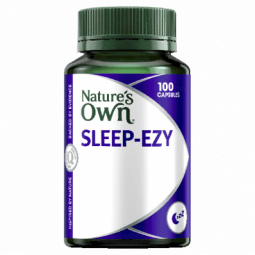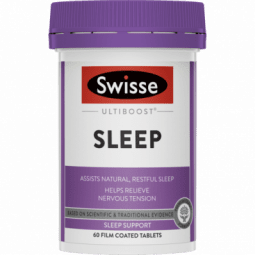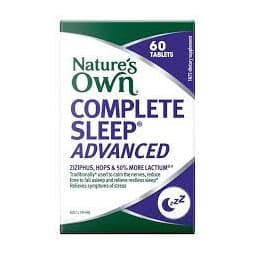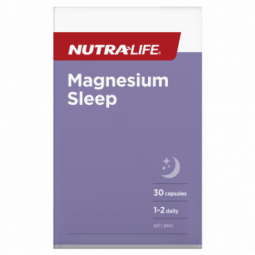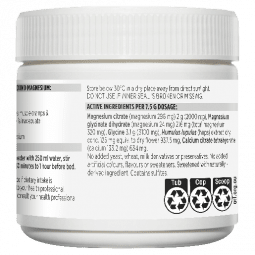10 Steps to Achieve a Healthy Sleep
We all know sleep is essential for a healthy happy life, it plays a key role in important functions that help the body repair and recover. From supporting brain development, cardiac function, and body metabolism, to supporting learning, improving memory and mood.
Getting enough sleep (which is around 8 hours for most adults) can strengthen your immunity, reduce stress, improve your relationships and help you think more clearly at work and in life. While not enough sleep over time can raise your risk for chronic (long-term) health problems.
Read about our ten top tips to get better sleep!
1. Be consistent.
Try to go to bed at the same time each night and get up at the same time each morning, including on the weekends. Setting a regular routine can help your body know when it’s time to wind down and prepare for bed.
2. Be careful with naps.
Napping too often or for too long can throw off your sleep schedule, making it harder to go to sleep when you want to. If you do need a nap, the best time is shortly after lunch in the early afternoon, at least four hours before you plan to go to bed, and the best nap length is around 20 minutes.
3. Be mindful of alcohol.
To improve your sleep, it is recommended that you limit your alcohol intake. Although alcohol can induce drowsiness in some people, making it easier to fall asleep, it affects the brain in ways that can lower sleep quality throughout the night.
4. Avoid caffeine.
Don’t freak out, we don’t mean avoid caffeine at all costs. However, it is a good idea to be mindful of your caffeine intake, especially later in the day as it can be a barrier to falling asleep.
Caffeinated drinks, including coffee, tea, and sodas, are among the most popular beverages in the world. It’s good to note that while caffeine can provide a jolt of energy to overcome daytime sleepiness, it isn’t a sustainable approach and can lead to long-term sleep deprivation.
5. Eat well through the day.
Eating well throughout the day ensures your body has the energy and nutrients it needs to function at its best. To keep food-based sleep disruptions to a minimum, try to avoid late dinners and minimise overly fatty or spicy foods. If you do need a late night snack, opt for something light and healthy.
As with so many things, moderation is key – avoid going to bed hungry or stuffed.
6. Get active daily.
Being physically active during the day can help you fall asleep more easily at night. Not to mention it has across-the-board benefits for your health and wellbeing. Spending time outside every day might be helpful too.
7. Choose the right bedding.
Your sheets and blankets play a major role in helping your bed feel inviting. Choose quality bedding that feels comfortable to the touch and will help you maintain a comfortable temperature at night. Have warm blankets that you can easily remove throughout the year.
8. Cool down your room.
In line with the right bedding for the season, make sure your bedroom temperature is comfortable. The temperature can vary based on what you prefer, but research has found the ideal sleeping temperature is around 17 to 19 degrees Celsius.
If you cannot get your room to that temperature, try, and have air flowing over your skin. You can do this by keeping a window open or even using a cheap fan to keep the air moving. Having a cool shower before bed can also help.
9. Reduce noise and light.
Noise and light can act as disrupters and keep you awake. Remove electronic devices, such as TVs, computers, and smart phones, from the bedroom and use curtains over the windows or wear a sleep mask to cover your eyes and block light.
10. Make your bed a place for sleep.
It is important for your brain to associate bed with sleep and not much else. If you spend time in bed working, or watching TV you may find it harder to fall asleep. Avoid linking your bedroom with screens or stress and allow it to be a space of relaxation and sleep.
References
- Health direct (2018). Sleep. [online] Healthdirect.gov.au. Available at: https://www.healthdirect.gov.au/sleep [Accessed 16 Mar. 2023].
- The Sleep Health Foundation. (n.d.). Hot nights – how to help sleep. [online] Available at: https://www.sleephealthfoundation.org.au/hot-nights-how-to-help-sleep.html#:~:text=Research%20has%20found%20the%20ideal [Accessed 16 Mar. 2023].

